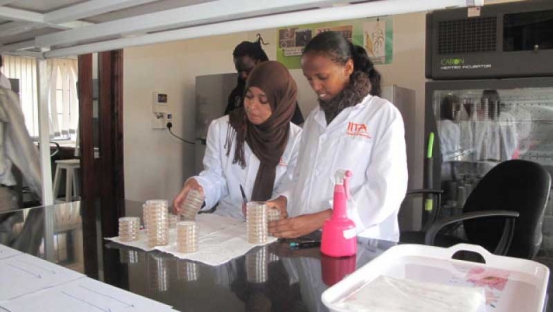×
The Standard e-Paper
Home To Bold Columnists

On a 10,000-acre ranch 42 kilometres from Nairobi, MPs, senior government officials, regulators and big grain handlers will be meeting on Monday in what could change the fight against aflatoxin.
The closed-door meeting at Maanzoni Lodge is shaping up as a battle to control the business of testing for the fungus responsible for huge after post-harvest losses in the country.